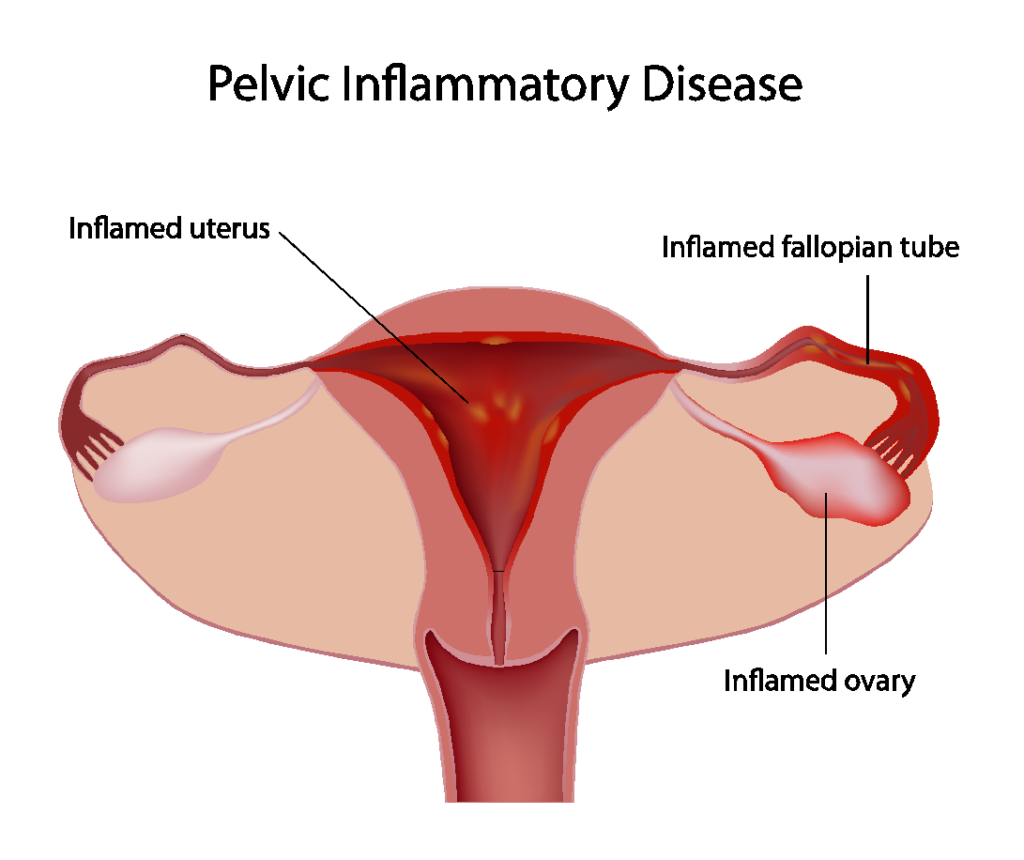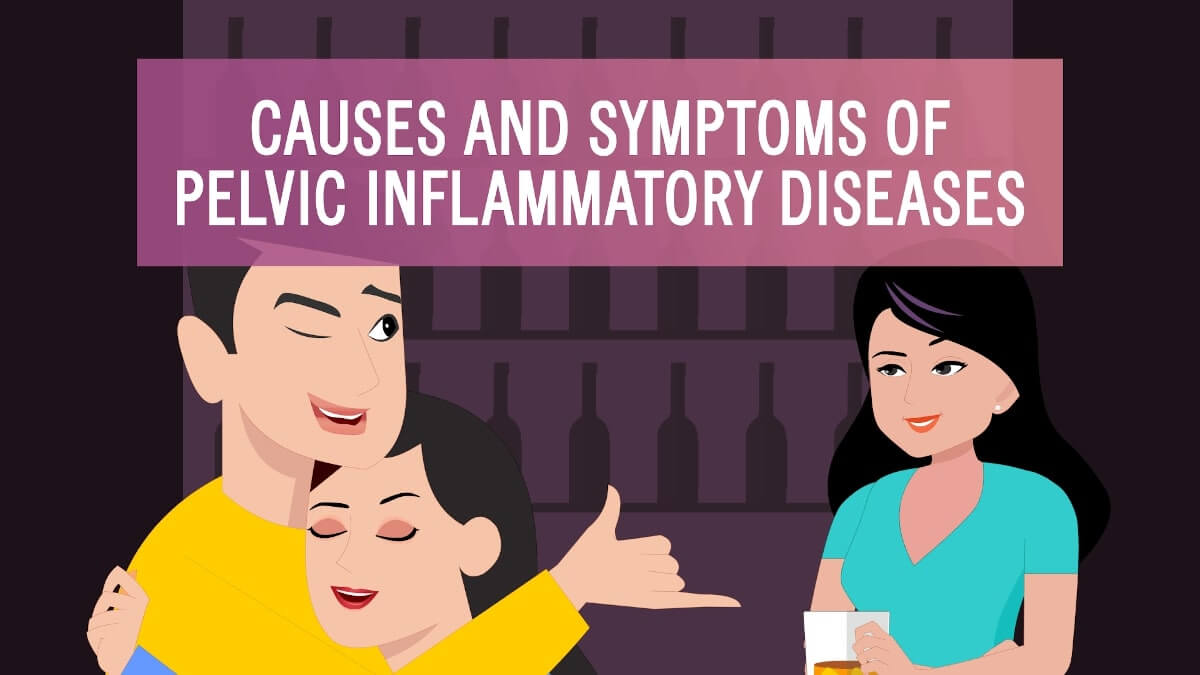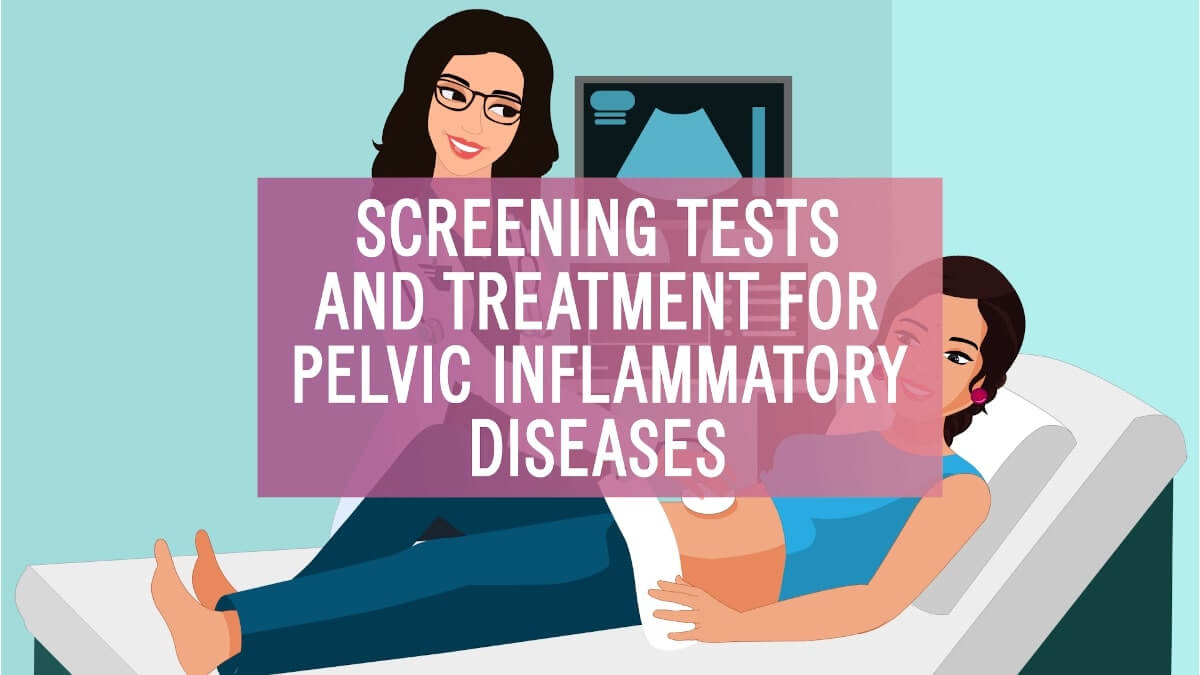They tend to not show any signs or symptoms until after reaching an advanced stage.
This may lead to chronic problems and, under dire circumstances, may also prove fatal. Hence, it is better to take preventive measures to avoid contracting the same.

Some of the methods that can be employed as a preventive measure against pelvic inflammatory diseases are given below:
- Do not engage in sex with multiple partners.
- Even if you are on birth control, use barrier methods of contraception like condoms. They help in keeping you safe from any sexually transmitted diseases and infections of the reproductive organs. Other barrier methods apart from condoms are diaphragms and vaginal spermicides.
- Undergo regular gynecology checkups. Many infections affecting the cervix can be diagnosed and treated before they expand to the internal reproductive organs.
- Avoid engaging in sex with a partner who engages with multiple sex partners.
- Minimize the use of oral contraceptives. Women who have a prolonged history of taking oral contraceptives are at a greater risk of contracting infections of the cervix.
- Take regular checkups with your doctor in the initial months after having an intrauterine device placed. The first few months are very crucial to read signs of any abnormality or infections.
- Excessive nicotine consumption has also been linked with pelvic inflammatory diseases. Hence, one should quit smoking altogether or cut down heavily.
Follow-up after treatment of pelvic inflammatory diseases
Pelvic inflammatory diseases can cause chronic pain and, in some cases, even lead to infertility. Effective diagnosis and treatment are extremely crucial to avoid any repeat incidents. A few weeks after having completed treatment, an ultrasound of the pelvic region should be performed. For women who had suffered a severe infection, the doctor may also recommend undergoing a laparoscopy test. Ensure safe sex at all times and encourage your partner to opt for routine examinations to rule out any infections. In cases of patients feeling depressed after the same, counseling is advised and has proved to be helpful.
Special thanks to Dr. Madhuri Mehendale (MBBS, DGO, FCPS, DNB) for the expert advice.






